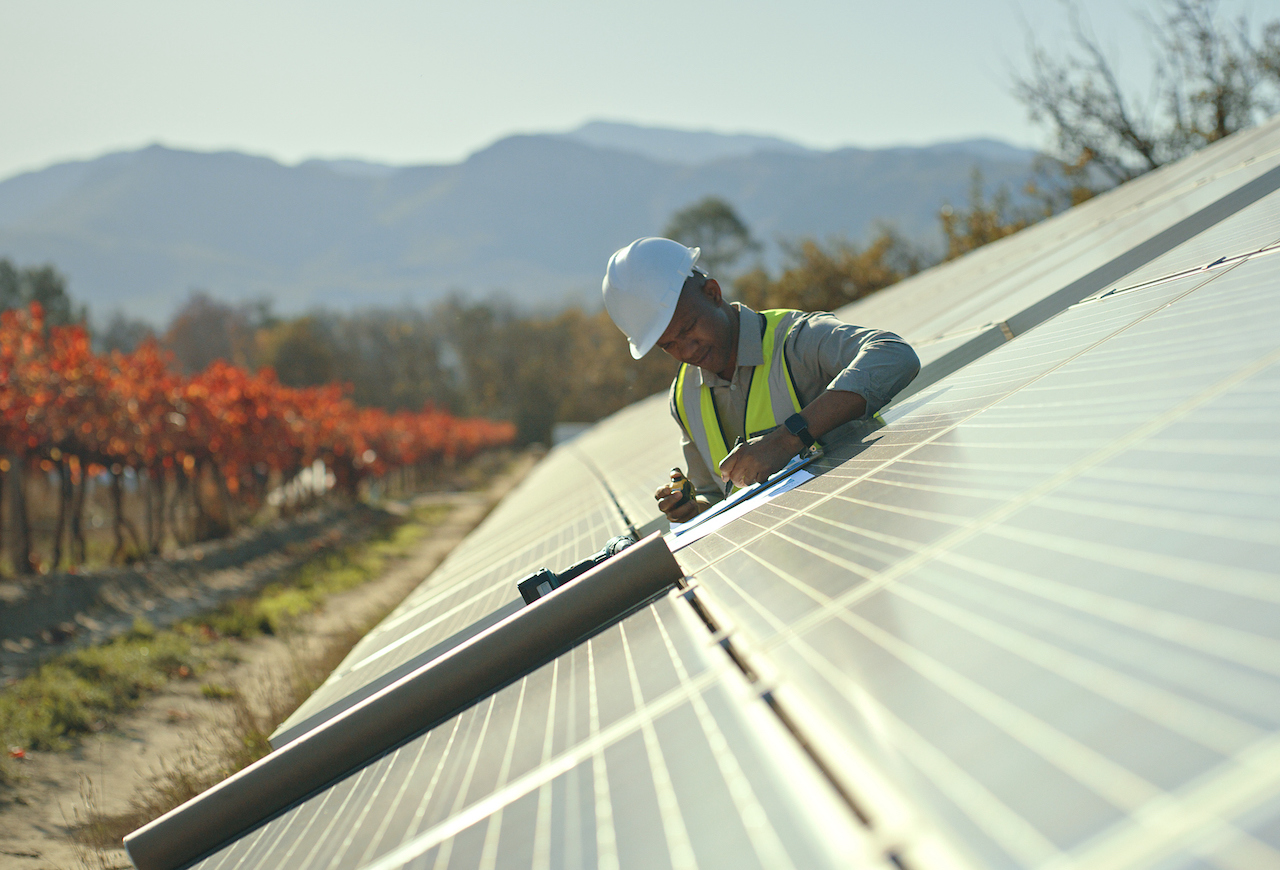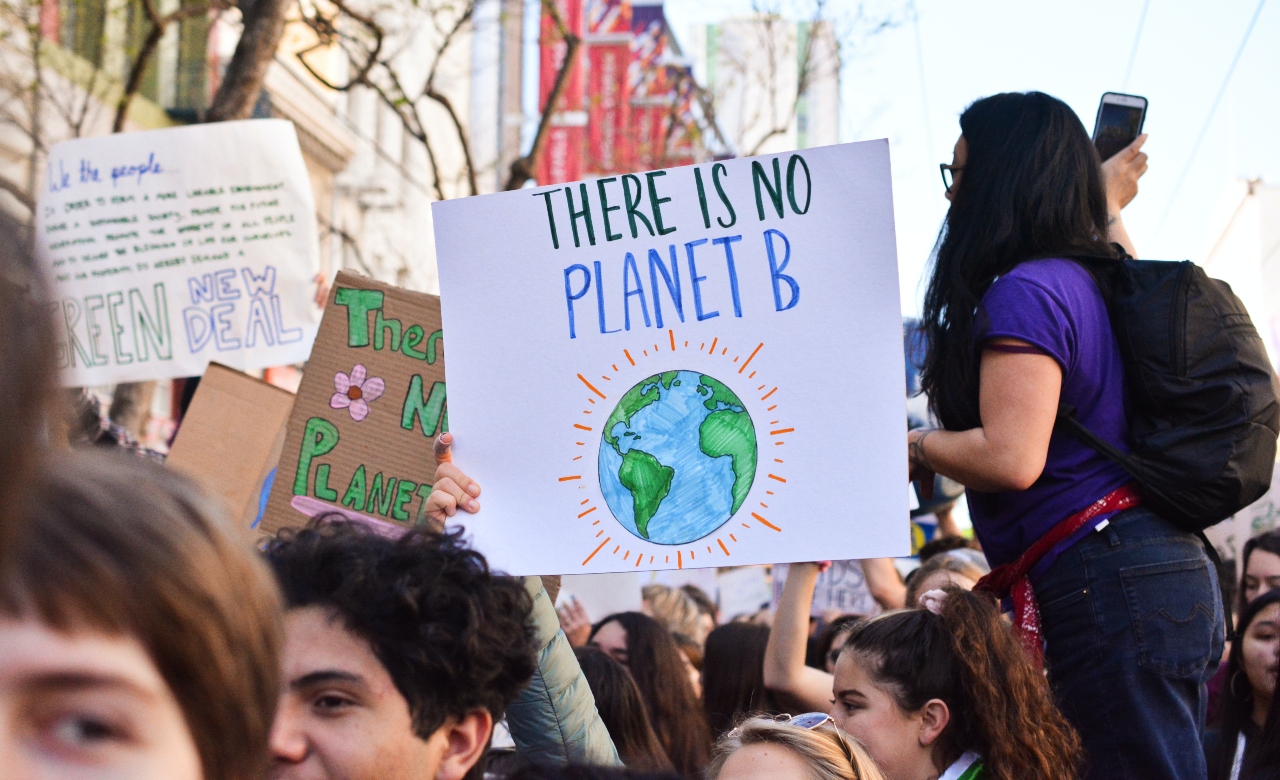Established by the LSE’s Grantham Research Institute, the Just Transition Finance Lab will focus on designing financial instruments and strategies to bring the just transition to life.

An overhaul of the $500trn global financial system is needed to deliver a just transition away from fossil fuels and into clean energy, according to a report by the newly launched Just Transition Finance Lab at the London School of Economics and Political Science (LSE).
Marking the launch of the Lab, which has been established by the LSE’s Grantham Research Institute on Climate Change and the Environment, the report sets out why it is time to move from conceptual acceptance of a just transition, to system transformation.
The new Lab is being established at a time of rising concern about the fairness of climate action. Its goal is to become a centre for experimentation and excellence in the financial solutions needed for a just transition. It will focus on designing financial instruments and strategies that bring the just transition to life and will also develop metrics to show ‘what good looks like’.
Initial focus
The Lab will initially focus on the UK and India, with four key priorities: design and deploy financial instruments and strategies; establish effective metrics to measure performance, identify and achieve necessary policy reforms; and stimulate breakthrough innovations and generate case studies.
For professor Nick Robins, the Lab’s executive director and lead author of the report, the vast majority of financing decisions for climate action do not explicitly consider the social opportunities, social risks or social dialogue needed to ensure success.
Robins said: “If this is not remedied, the world could miss out on the huge potential for social advancement in terms of more and better jobs, gender equality, community renewal and universal access to key goods and services, such as energy. A failure to achieve the just transition could also result in negative consequences for some workers, communities, enterprises and consumers, undermining trust and setting back progress”.







